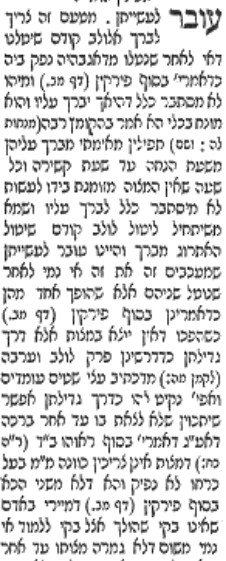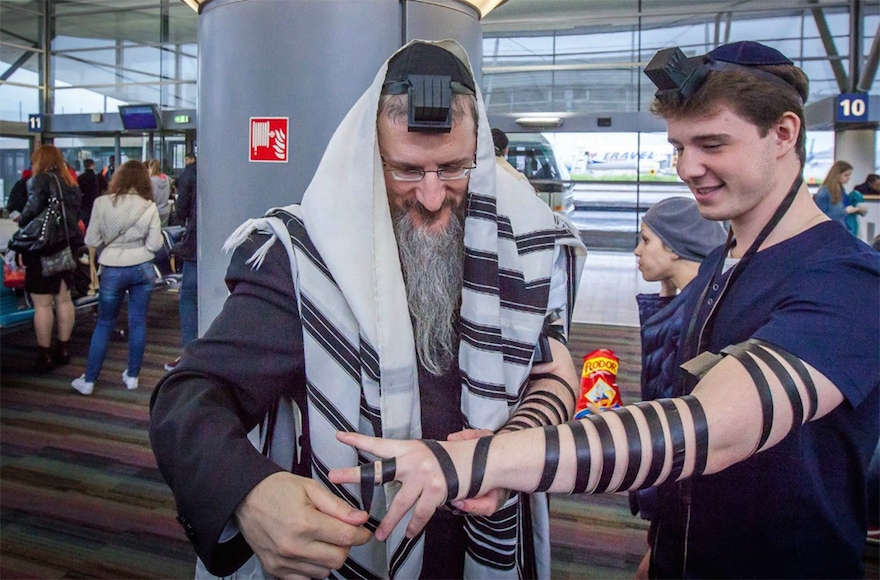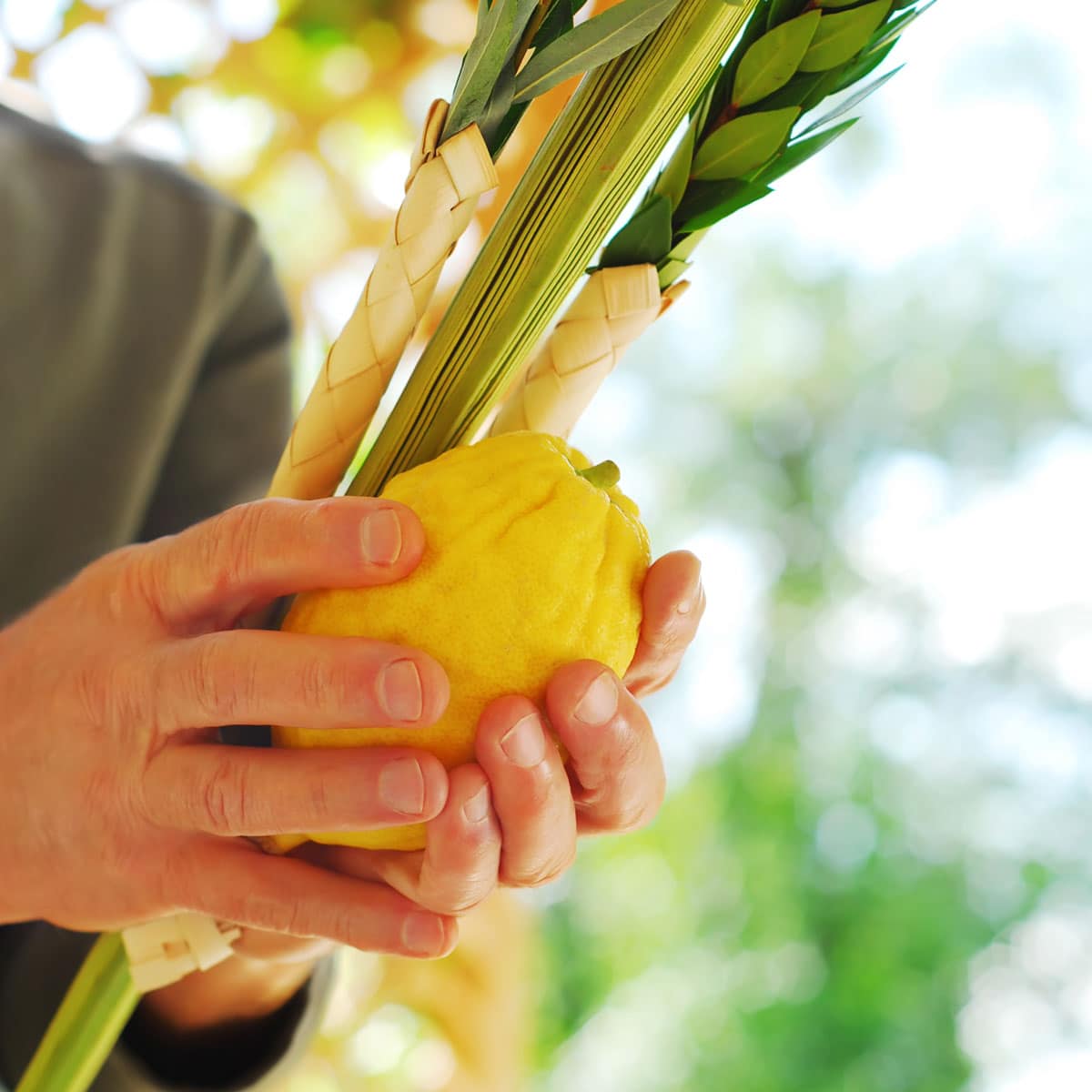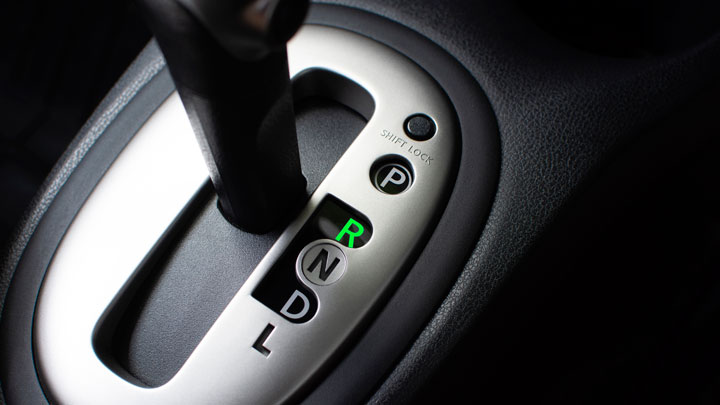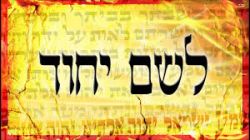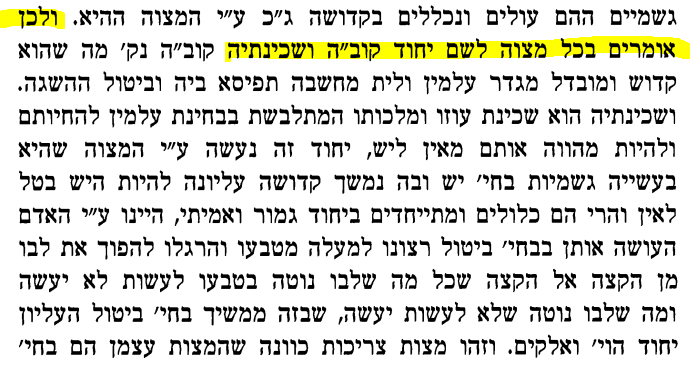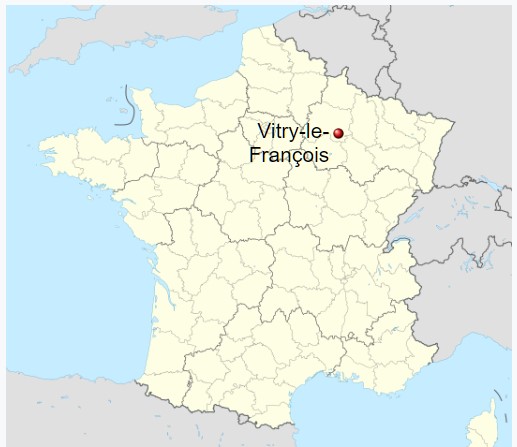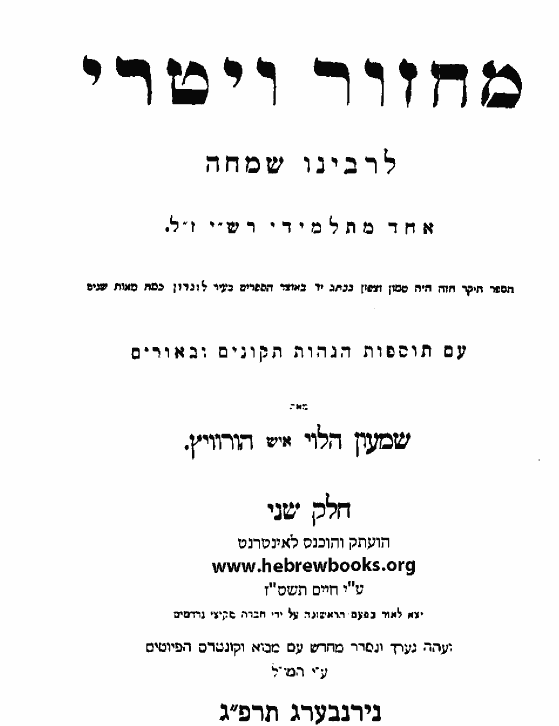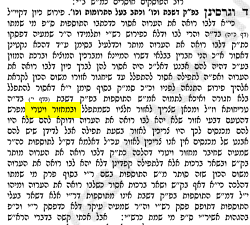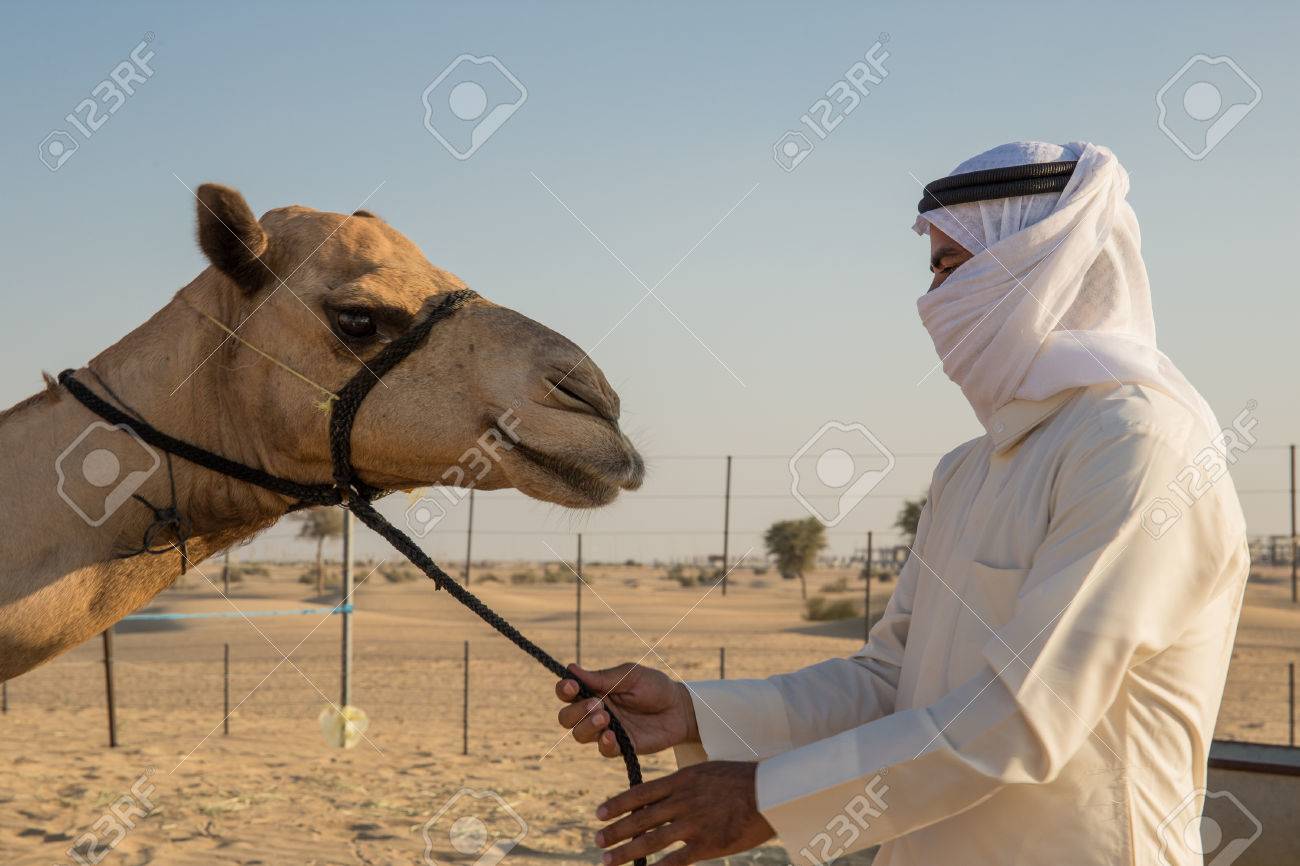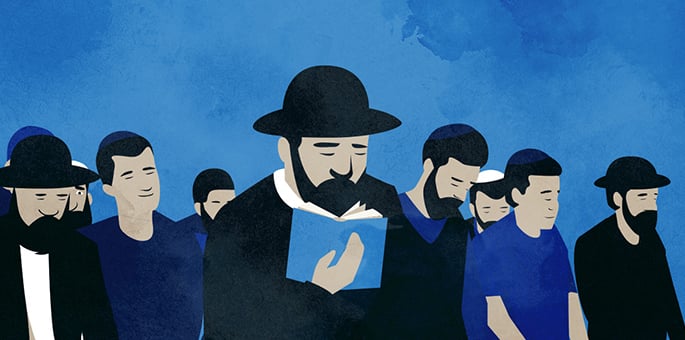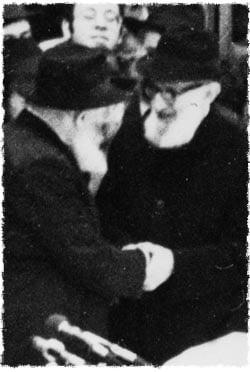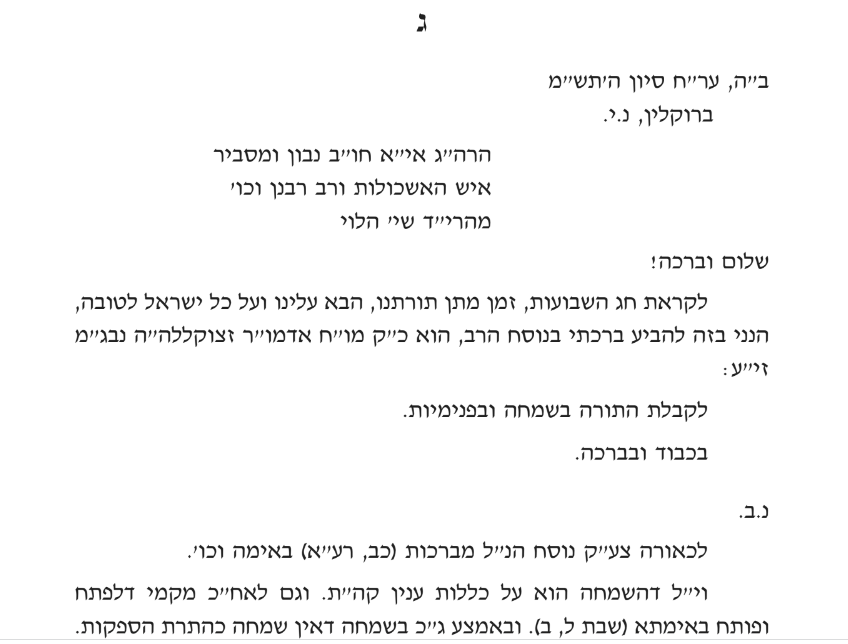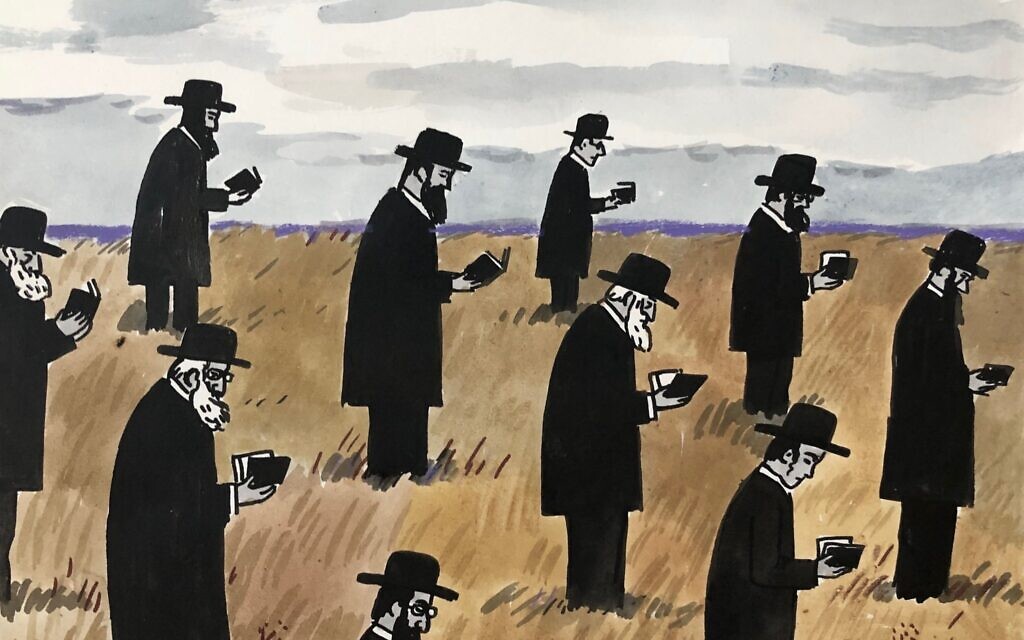BSD
Sukkah 39a-b
Sivan 29, 5782. June 28, 2022
1- We moved on to the next Mishnah that discusses acquiring the ד’ מינים in the year of Shvi’is. שמיטה.
2- Discussed some general Mitzvos of שמיטה starting with the Mitzvah of ונטשתה, being מפקיר all the produce, grains, fruits and vegetables one has.
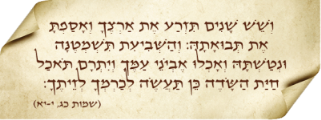
Does one actually need to be מפקיר at the start of שמיטה, or does it happen on it’s own – meaning that the Torah removes a person’s ownership from these products. Like ‘eminent domain’.
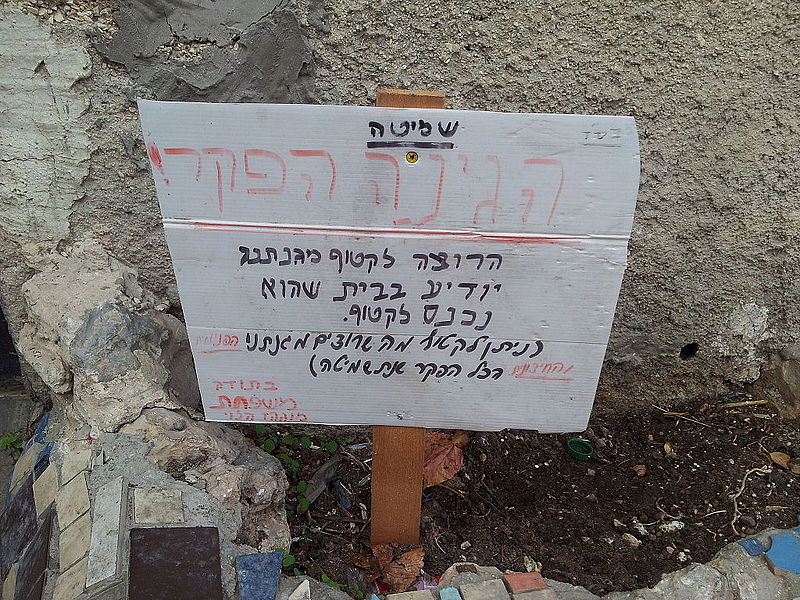
3- Spoke about the ,קדושת פירות שביעית , the prohibition not to waste them, the method to discard them and what to do about peels of fruits and vegetables.
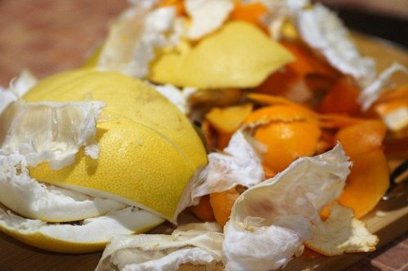
Mentioned the opinion of Rav Kook that in שמיטה year, one should not add wine to the הבדלה cup so that it over fills. The spillage goes to waste!
Ditto for spilling some of the wine to extinguish the candle.

Some say that on Pesach night one should not use wine of שמיטה for the second cup of the סדר. To use this wine to give מכות…… would not be proper.
4- The main issue of our Mishna and Gemara is the purchasing of the ד’ מינים in the year of Shvi’is. שמיטה.
The פירות שביעית cannot be sold or purchased . Some say this prohibition in מן התורה.
Under normal circumstances, since all fruits are הפקר, there should no problem acquiring the ד’ מינים at all.
However, if one cannot find them, he needs to pay for them and the Mishnah suggests a way of avoiding the two issues that arise.
The two issues are:
A- The business aspect of it. This transaction is prohibited. [for the buyer, seller, or both].
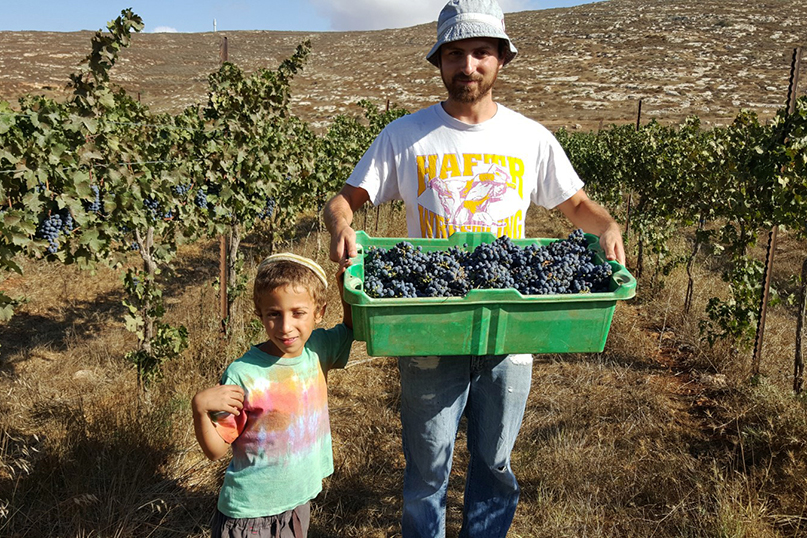
B- The monies paid become ‘holy’ just as פירות שביעית.
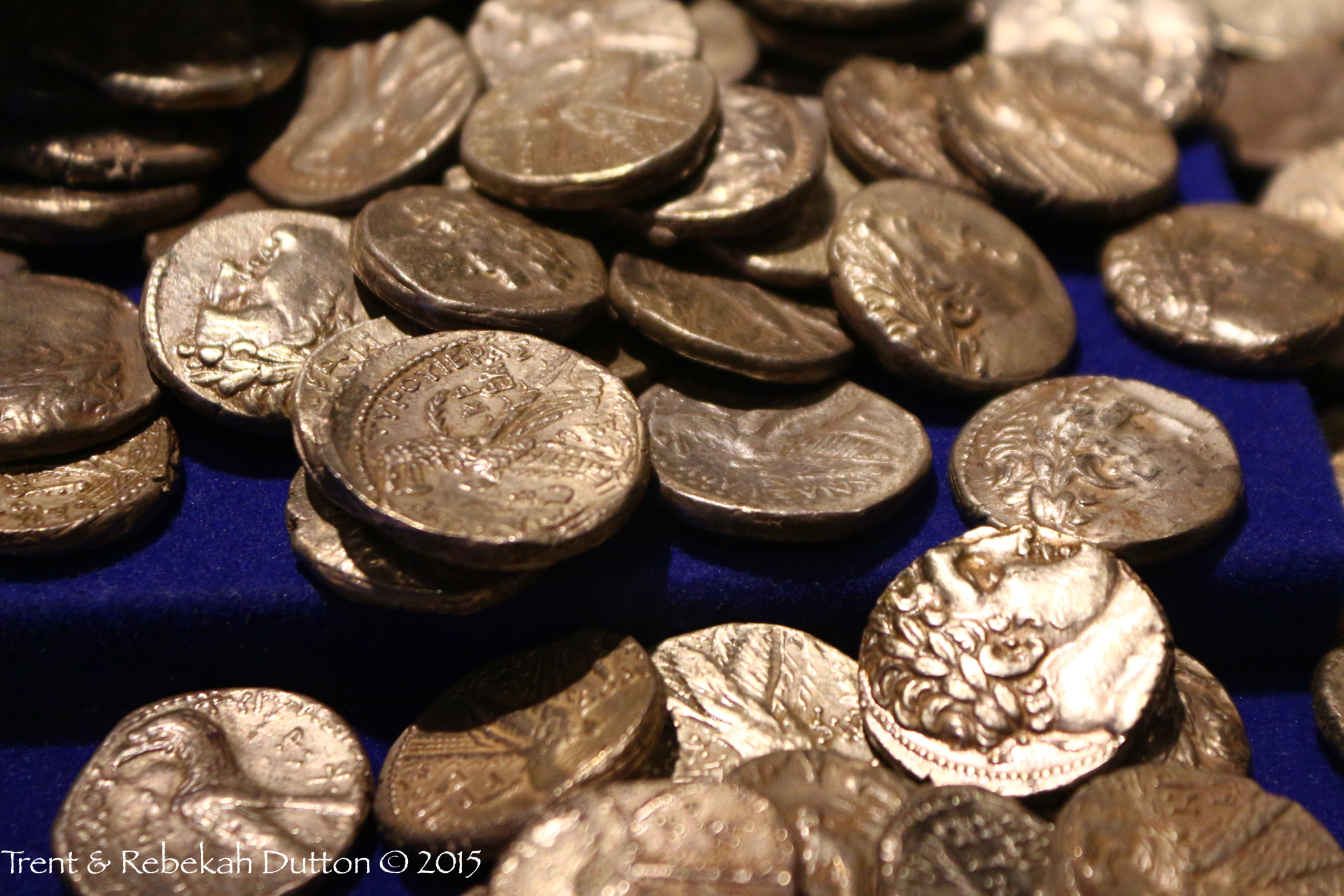
5- We learnt the text of the Tosfos that discusses the prohibition of selling of פירות שביעית. Their conclusion is the איסור סחורה בפירות שביעית applies only to the actual owner who picks and sells these fruits. Anything else, like the picker’s son selling it, is permitted. Perhaps, Tosfos, adds that buying them wholesale and selling it retail at a high price is also אסור.

6- The Mishna says that one should ask the seller to gift him the אתרוג and the buyer’s payment should apply only to the Lulav, Hadasim and Arovos.
If the seller refuses to do so, the Gemara suggests that at the very least, they should discuss an overall price’ or total price for all 4 מינים. The individual price or cost of the אתרוג [which has the שמיטה problem] should not be mentioned.
The term used in such a scenario is called in Sha”s הבלעה.
We discussed this briefly as it applies in הלכות שבת and other places.
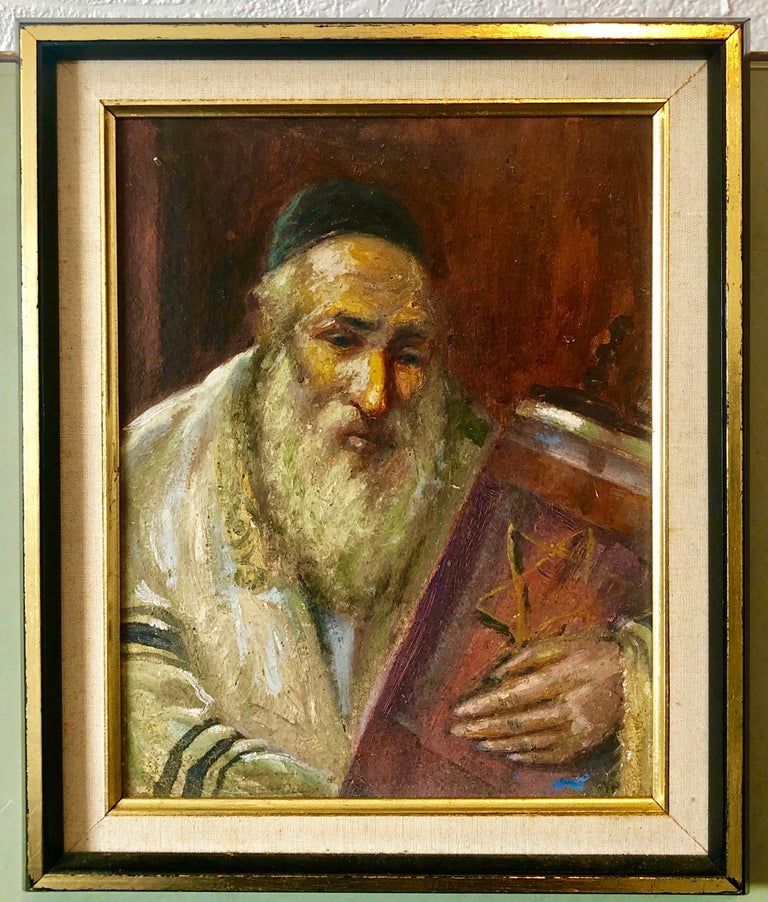
7- We mentioned a case of a Kehilah that needed to a ספר תורה. An individual who owned one was convinced to sell his which is problematic as one is not allowed to sell his Sefer Torah even if he needs the money for food!
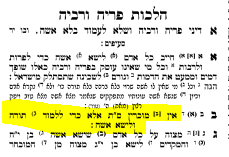
See here an interesting extension on the concept of הבלעה suggested by Reb Yosef Chaim of Baghdad, the בן איש חי:
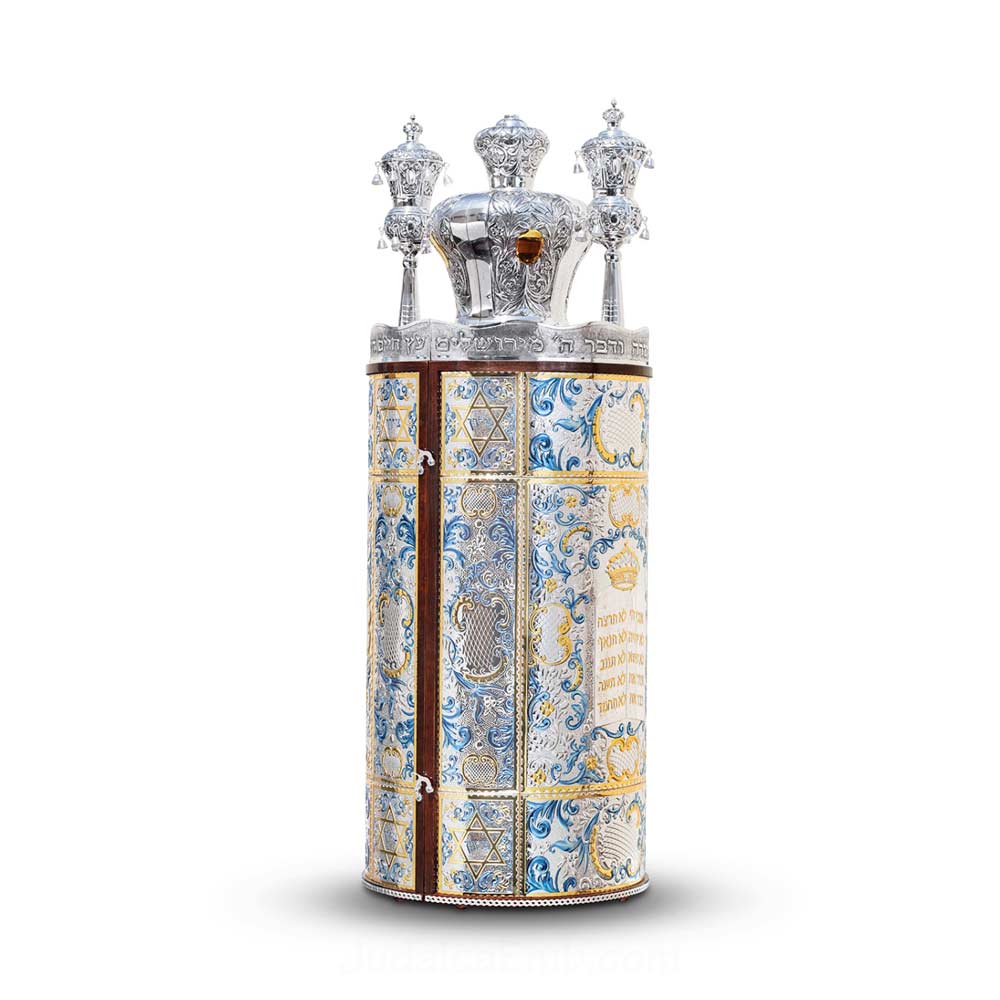
He suggested that the seller charge primarily for the silver case and include the ספר תורה in this general price.
ערלה
